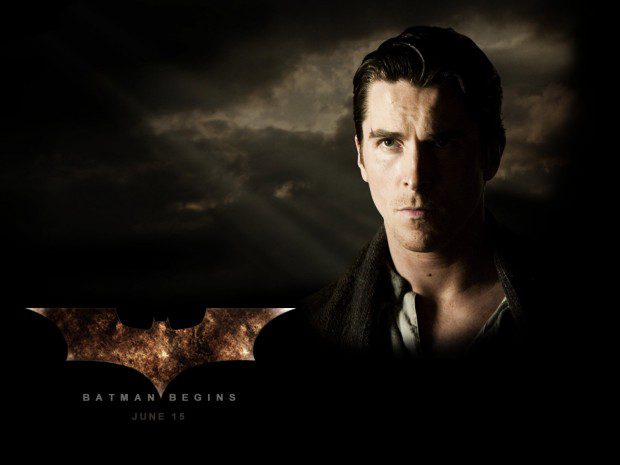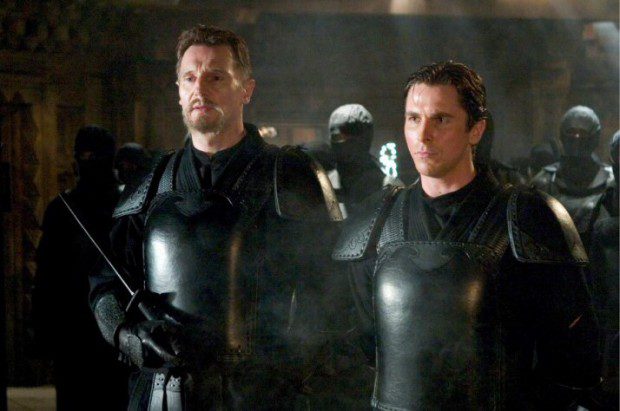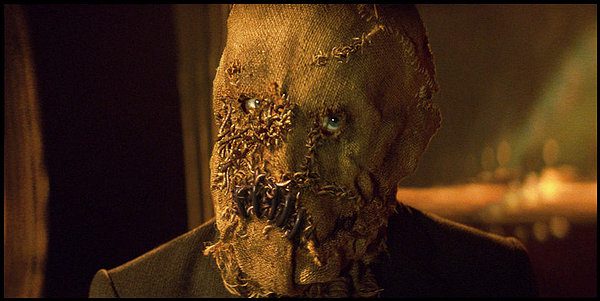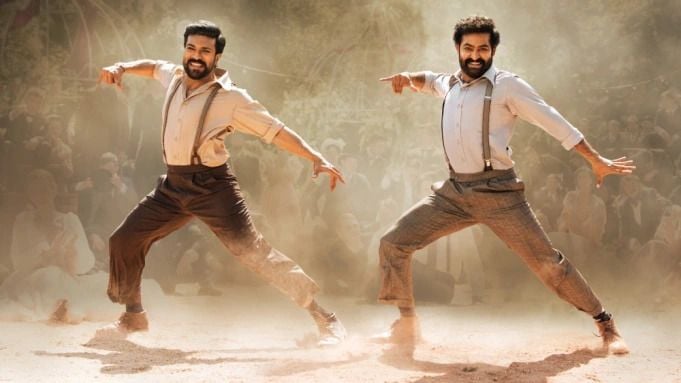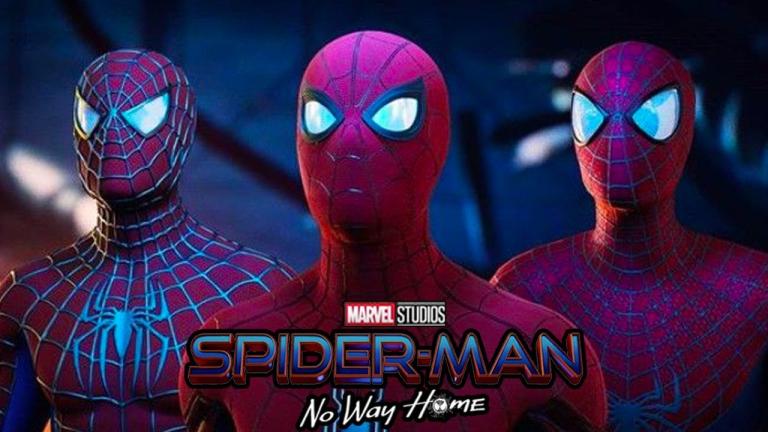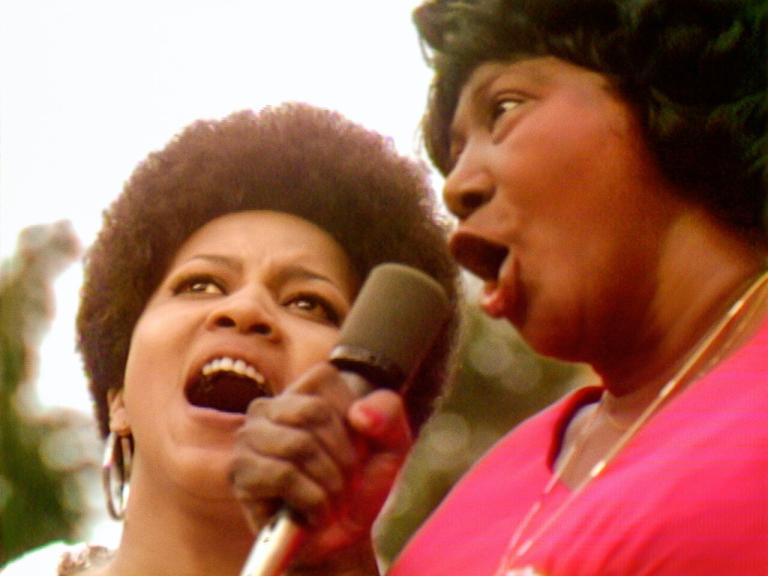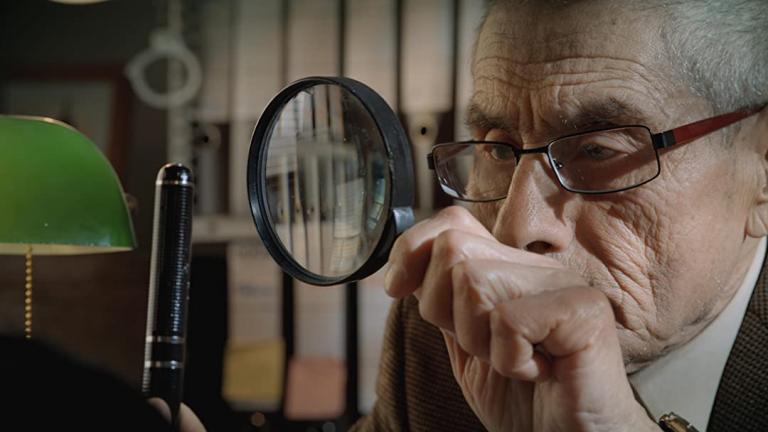Over the weekend, I introduced my children (ages 13 and 10) to Christopher Nolan’s Dark Knight trilogy. They immediately grasped how much darker these Batman films are than than something like The Avengers. Sure, the characters still wear masks, but in Nolan’s universe their issues and problems (and special effects) resemble the real world. No room for Loki and Thor and frost giants. It was also intriguing to see Katie Holmes, holding her own with Christian Bale, prior to all the recent Tom Cruise/divorce headlines. So in revisiting the movies, I decided to dig up my first impressions of the Dark Knight movies. These thoughts on Batman Begins come from my 2008 book, Into the Dark.
Batman Begins is about doppelgangers, about facing our own inner demons. It delves into the origins of Batman, constructing a new mythology for the celebrated crime-fighter. Christian Bale plays millionaire playboy Bruce Wayne as brooding and angry, haunted by guilt surrounding his parents’ murder. How will he respond to such overwhelming grief? What can we do in the face of the corrupt politicians and criminalized courts? He goes on a worldwide search to understand the criminal mind. Bruce picks fights in foreign locales, running away from his past and his responsibilities. He becomes a study in self-imposed crime and punishment until a mysterious mentor, Henri Ducard, rescues Bruce from prison. Henri takes Bruce on a spiritual pilgrimage to Tibet, introducing him to Ra’s Al Ghul and the League of Shadows. He teaches Bruce to turn his anger into a source of strength. But when the League insists he purge his compassion, Bruce strikes back, destroying their Himalayan outpost. He returns to a Gotham city besieged by criminality. Like Leonard in Memento, Bruce becomes a vigilante, out to avenge a murder. But what will keep Bruce from sinking into the same self-deluded abyss? Bruce has gained the one thing Lenny lacked, sage wisdom. He learns to control his fears, to check his worst tendencies, and to keep his guilt from consuming him.
As the movie develops, Christopher Nolan offers a realistic and psychological cinematic portrait of the Dark Knight. Bruce’s test comes in his confrontation with the mind-altering tricks of the Scarecrow. The Scarecrow springs from the psyche of a demented psychiatrist, Jonathan Crane. He serves as a willing pawn for Gotham City’s organized crime syndicate, using his expert testimony to plead for criminals’ psychological treatment rather than incarceration. Like Bruce Wayne, he hides behind a public mask for so long that his darker alter ego takes over. The Scarecrow gathers the worst offenders in a psychological Hall of Shame, prepping them for a sordid plot. Cillian Murphy portrays the Scarecrow with such unpredictable malevolence that it rises above the cartoon-like villains of previous Batman movies. His plan to poison Gotham’s water supply with fear gas exploits Batman’s weakest link.
All the skeletons (and bats) in Bruce’s family closet come roaring out. His childhood fear of bats did lead to his parents’ murder. The Scarecrow, an avowed agent of evil, becomes a source of necessary, revelatory truth. Bruce must acknowledge his own fears and his own evil impulses (confessing his sin). What separates Batman from the Scarecrow and the League of Shadows is his way of dealing with human depravity. Mastermind Ra’s Al Ghul wants to purge Gotham of all evil in an act of judgment recalling Sodom and Gomorrah. But Batman refuses to acquiesce to a vision of a God of wrath. His strong sense of justice is balanced by compassion for everyday people. His city is worth saving. Nolan juxtaposes the absolutes of the League of Shadows with a superhero who is willing to consider individual cases. Batman clearly believes in right and wrong, but he has seen enough of his own conflicted history to recognize his own limitations. When we have all sinned, who are we to judge? Omniscience belongs to no one (but God).
Christopher Nolan may be the smartest emerging director currently at work, yet he never condescends towards viewers. Like a master magician, he provides all the clues we need to solve the mysteries. “General revelation” is available to all. Although “special revelations” found in online chat rooms may be necessary to unscramble the plot so all viewers may “get it.” Nolan’s films also resonate with audiences because they acknowledge our limitations in knowing and seeing. In a confusing world of shadows, Nolan refuses to demonize others. He makes us all complicit in our gaping social problems. Our ills are not rooted in them, but in us.
Follow all the Patheos bloggers talking about The Dark Knight rises here.

